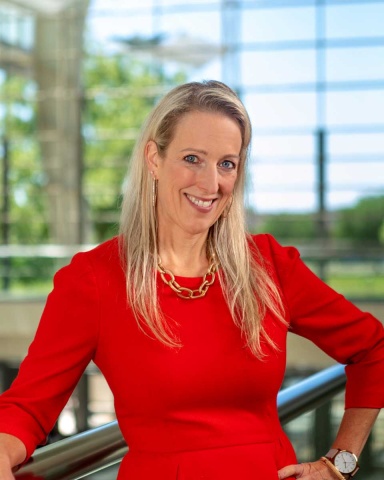Some conservatives believe that the left-wing or progressive bias of social media giants like Facebook is so egregious that the only solution is to have the federal government regulate the content. In 2019 Mark Zuckerberg himself, founder and CEO of Facebook, called for more government regulation of the internet. This raises the question: Can the government do this in an unbiased fashion which properly respects the freedom of speech?
To ask for the government to be the arbiter of internet content assumes that the government has the knowledge to do this, the understanding of what content is “bad” and requires removal or reform, and that it can do all of these things in an unbiased manner. Essentially, it requires the state itself to be unbiased, which it is not. The two key problems in asking for the state to regulate content come down to knowing what to do and doing it in an even-handed manner. States are incapable of either. This is true whether we are talking about the central allocation of scarce resources or whether it can control politicized or harmful information.
Nobel Laureate economist F.A. Hayek, in his ground-breaking article “The Use of Knowledge in Society,” helps us understand that the knowledge that we need to make use of in society does not exist in concentrated form, but rather is decentralized and local. No one has access to “data” in entirety. Thus, we need decentralized planning mechanisms. In markets, prices help us gather this decentralized knowledge so that we can plan. They work, because they are themselves decentralized.
The same principle applies to the current debate over social media content. Social media is a clearinghouse of decentralized posts, information that can be used for both good and bad. Facebook is organic; individuals and firms add content for many reasons. This content can be used by politicians and firms for strategic reasons. In reality, both want your vote: Firms want you to shop with them, and politicians want you to vote for them and support them financially. This obviously lends itself to false claims, exaggerations, harmful content, misinformation, and outright propaganda. Businesses have less of an incentive to do this because, once you purchase their product, you as consumer are the arbiter of whether the product lives up to its marketing hype. If it does not, and there are many alternatives, you will likely stop shopping there. This is successful, as it disciplines firms to be truthful.
The analogy does not extend to political markets. There are no prices, no profits and losses. If politicians who want your vote do not tell the truth, or even spread falsehoods about their competitors, it is more difficult to “punish” them. If they win, you must wait until the next election cycle to try to vote them out. And this only works when large numbers of your fellow citizens want to vote them out. Nobel Laureate James Buchanan said it well: There is no political counterpart to Adam Smith’s invisible hand. Because the state itself is a monopoly, and run as a bureaucracy, there are no market mechanisms to help it with our problems: knowing what to do, knowing how to do it, and doing it “fairly.”
So, what are we left with? The dangers of harmful and false content on social media platforms are real and need governance, but that does not mean they need government. Republicans are wrong to ask the state to arbitrate social media posts, because it will be politically managed. Thus, it will entirely depend on who holds power and has the power to change the rules.
The best defense here is that we all need to be guardians of the culture. A vibrant free market requires a certain ethos: prudence, virtue, truth-seeking, and competition. This includes the competition of ideas. The best way to defeat false information is to ensure that all ideas have a platform, so the ideas can compete, and truth can win. The best thing for Facebook would be for people to call out falsehoods and bring attention to them. This way, harmful and dangerous content which violates life and liberty can be regulated by Facebook itself and its users, and the dangerous content can be eliminated. False political information is not best vetted by government nor the employees of Facebook – as this, too, will lend itself to their bias – but rather by allowing all political content to have space and to let the users sort through it. Zuckerberg himself has defended this claim more than once recently: He believes the users need to evaluate political ads themselves.
The principles that encourage freedom in markets are the same principles we should rely on to sort through the brave new world of social media.







